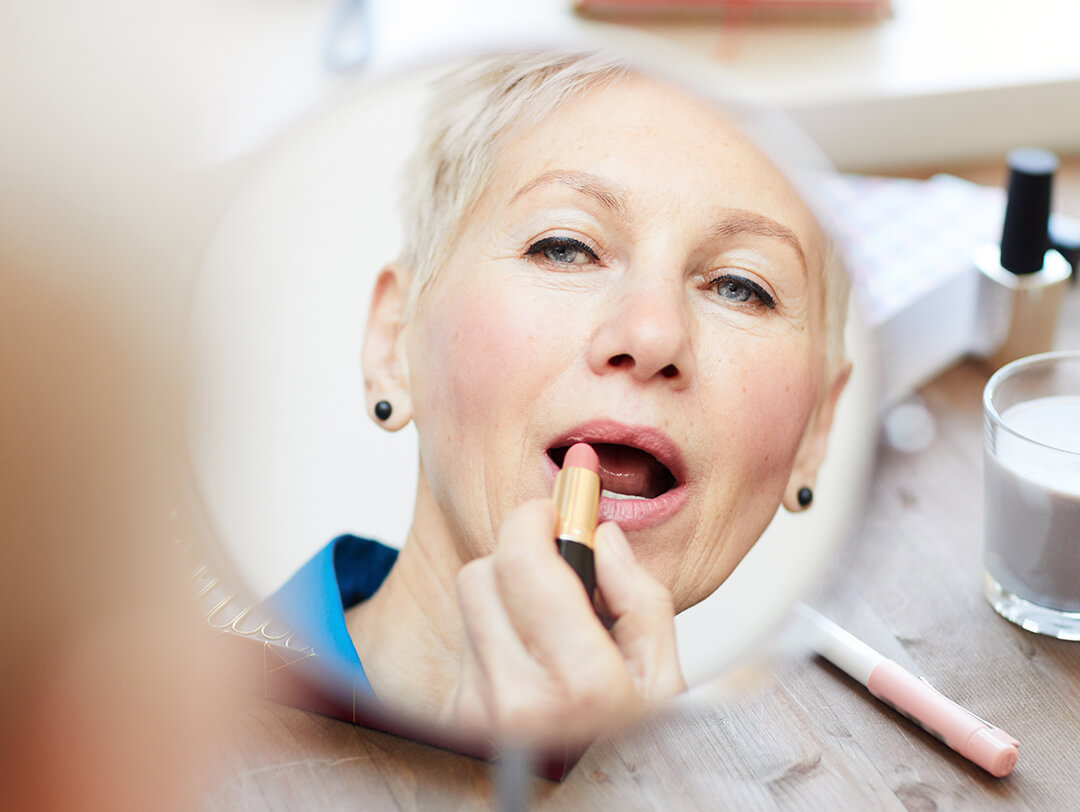“The Ultimate Guide to Best Self-Care
Related Articles The Ultimate Guide to Best Self-Care
- Best Designer
- Daily Inspiration: Cultivating A Mindset Of Growth And Positivity
- Affordable Casual Outfit Ideas For Every Occasion
- Mastering The Fundamentals: A Comprehensive Guide To Basic Style Tips
- Affordable Outfit Ideas That Won’t Break The Bank
Introduction
On this special occasion, we are excited to explore an engaging topic related to The Ultimate Guide to Best Self-Care. Join us as we weave together valuable insights and fresh perspectives to bring a new dimension to your understanding.
The Ultimate Guide to Best Self-Care

In today’s fast-paced world, it’s easy to get caught up in the hustle and bustle of daily life. We often prioritize work, family, and other commitments, leaving little time for ourselves. However, neglecting self-care can have serious consequences, leading to burnout, stress, anxiety, and even physical health problems. Self-care isn’t selfish; it’s essential for maintaining a healthy and balanced life. This comprehensive guide explores various aspects of self-care, providing practical tips and strategies to help you prioritize your well-being.
Understanding Self-Care: More Than Just Bubble Baths
Self-care often gets misconstrued as luxurious spa days or indulgent treats. While these activities can be beneficial, true self-care encompasses a much broader range of practices aimed at nurturing your physical, mental, and emotional health. It’s about actively engaging in activities that promote your overall well-being and help you manage stress effectively.
Self-care is highly personalized. What works for one person might not work for another. The key is to identify your individual needs and tailor your self-care practices accordingly. This requires introspection and a willingness to experiment with different approaches to discover what resonates with you.
Categories of Self-Care:
We can categorize self-care into several key areas:
-
Physical Self-Care: This focuses on the physical aspects of your well-being. It involves activities that nourish your body and keep it healthy. Examples include:
- Nutrition: Eating a balanced diet rich in fruits, vegetables, and whole grains. Limiting processed foods, sugary drinks, and excessive caffeine.
- Exercise: Engaging in regular physical activity, whether it’s brisk walking, yoga, swimming, or weightlifting. Finding an activity you enjoy is crucial for consistency.
- Sleep: Prioritizing sufficient sleep (7-9 hours per night) for optimal physical and cognitive function. Establishing a regular sleep schedule and creating a relaxing bedtime routine.
- Hygiene: Maintaining good hygiene practices, including showering regularly, brushing and flossing teeth, and caring for your skin.
- Medical Attention: Regular check-ups with your doctor and dentist, addressing any health concerns promptly.


-
Mental Self-Care: This involves activities that nurture your mental health and enhance your cognitive function. Examples include:
- Mindfulness and Meditation: Practicing mindfulness techniques to stay present and reduce stress. Meditation can help calm the mind and improve focus.
- Cognitive Restructuring: Identifying and challenging negative thought patterns. Replacing negative thoughts with more positive and realistic ones.
- Learning and Growth: Engaging in activities that stimulate your mind, such as reading, learning a new language, or taking a course.
- Journaling: Writing down your thoughts and feelings can help process emotions and gain self-awareness.
- Setting Boundaries: Learning to say no to commitments that overwhelm you and prioritizing your own needs.
-
Emotional Self-Care: This focuses on managing and processing your emotions in a healthy way. Examples include:
- Emotional Expression: Allowing yourself to feel your emotions without judgment. Finding healthy ways to express your feelings, such as talking to a trusted friend or therapist.
- Emotional Regulation: Developing strategies to manage difficult emotions, such as anger, sadness, or anxiety. This might involve deep breathing exercises, mindfulness, or other coping mechanisms.
- Self-Compassion: Treating yourself with kindness and understanding, especially during challenging times. Forgiving yourself for mistakes and acknowledging your strengths.
- Seeking Support: Reaching out to friends, family, or a therapist when you need emotional support.
-
Social Self-Care: This involves nurturing your relationships and social connections. Examples include:
- Connecting with Loved Ones: Spending quality time with people who are important to you. Nurturing meaningful relationships.
- Building New Connections: Putting yourself out there and meeting new people who share your interests.
- Setting Healthy Boundaries in Relationships: Protecting yourself from toxic relationships and setting clear boundaries with others.
- Saying No: Learning to decline invitations or requests that you don’t have the time or energy for.
-
Spiritual Self-Care: This involves connecting with your sense of purpose and meaning in life. Examples include:
- Spending Time in Nature: Connecting with nature can be incredibly restorative and calming.
- Practicing Gratitude: Focusing on the positive aspects of your life can boost your mood and overall well-being.
- Engaging in Creative Activities: Expressing yourself creatively through art, music, writing, or other forms of creative expression.
- Connecting with Your Values: Reflecting on your values and aligning your actions with them.
- Religious or Spiritual Practices: Engaging in religious or spiritual practices that provide you with a sense of meaning and purpose.
Creating a Personalized Self-Care Plan:
Developing a personalized self-care plan is crucial for long-term success. Consider the following steps:
- Identify Your Needs: Reflect on your current lifestyle and identify areas where you’re feeling depleted or stressed. What aspects of your well-being need attention?
- Set Realistic Goals: Don’t try to do everything at once. Start with small, achievable goals and gradually incorporate more self-care practices as you progress.
- Schedule Self-Care: Treat self-care as a non-negotiable appointment. Schedule specific times for self-care activities in your calendar.
- Experiment and Adapt: Not all self-care practices will work for everyone. Be willing to experiment with different approaches and adjust your plan as needed.
- Be Patient and Kind to Yourself: Self-care is a journey, not a destination. There will be times when you slip up. Don’t beat yourself up; simply get back on track.
- Seek Professional Help: If you’re struggling with significant stress, anxiety, or depression, don’t hesitate to seek professional help from a therapist or counselor.
Incorporating Self-Care into Your Daily Routine:
Self-care doesn’t have to be time-consuming or expensive. Even small acts of self-care can make a big difference. Here are some simple ways to incorporate self-care into your daily routine:
- Start your day with a mindful moment: Take a few minutes to breathe deeply and set a positive intention for the day.
- Listen to your body: Pay attention to your physical and emotional needs and take breaks when needed.
- Practice gratitude: Take time each day to appreciate the good things in your life.
- Connect with nature: Spend some time outdoors, even if it’s just a short walk.
- Unplug from technology: Take breaks from screens to reduce stress and improve focus.
- Engage in hobbies: Make time for activities that you enjoy and that bring you joy.
- Prioritize sleep: Aim for 7-9 hours of quality sleep each night.
- Practice self-compassion: Be kind and understanding towards yourself, especially during challenging times.
By prioritizing self-care, you’re investing in your overall well-being and creating a more fulfilling and balanced life. Remember, self-care isn’t a luxury; it’s a necessity. Make it a priority and reap the rewards.

Closing
With that, we hope this article has provided valuable insights into The Ultimate Guide to Best Self-Care. Thank you for taking the time to read this article. See you in our next article!



